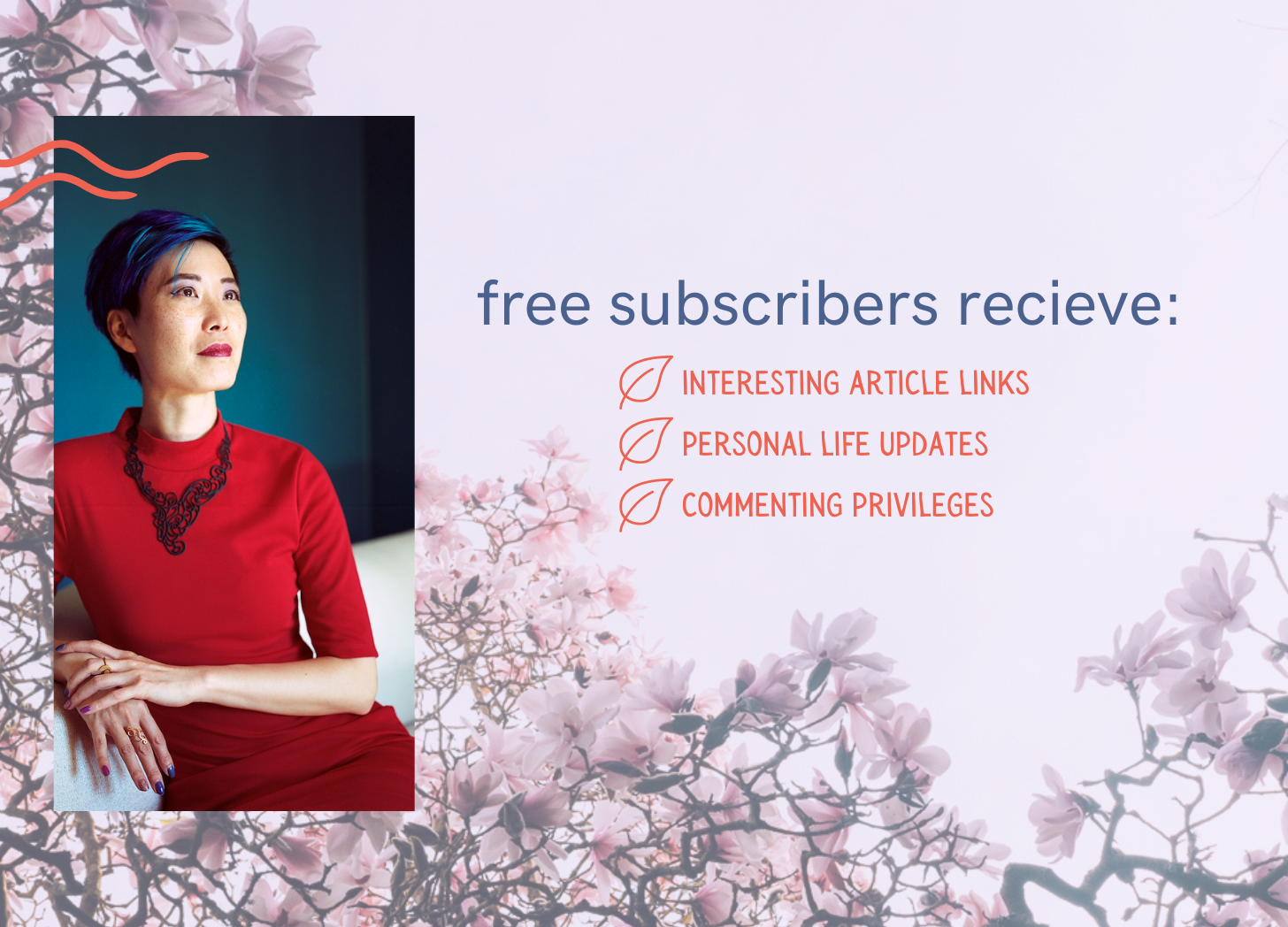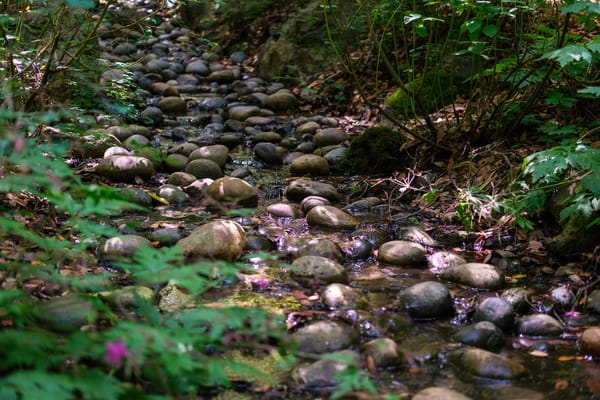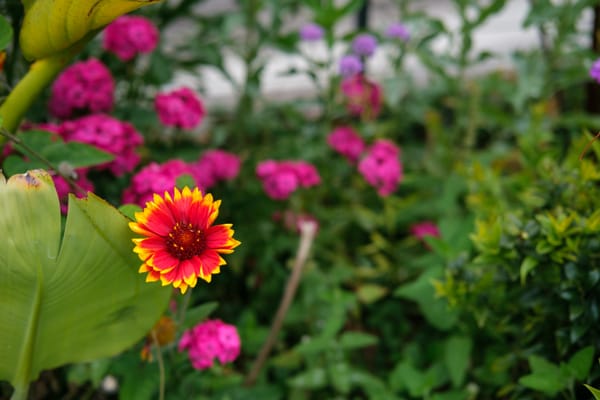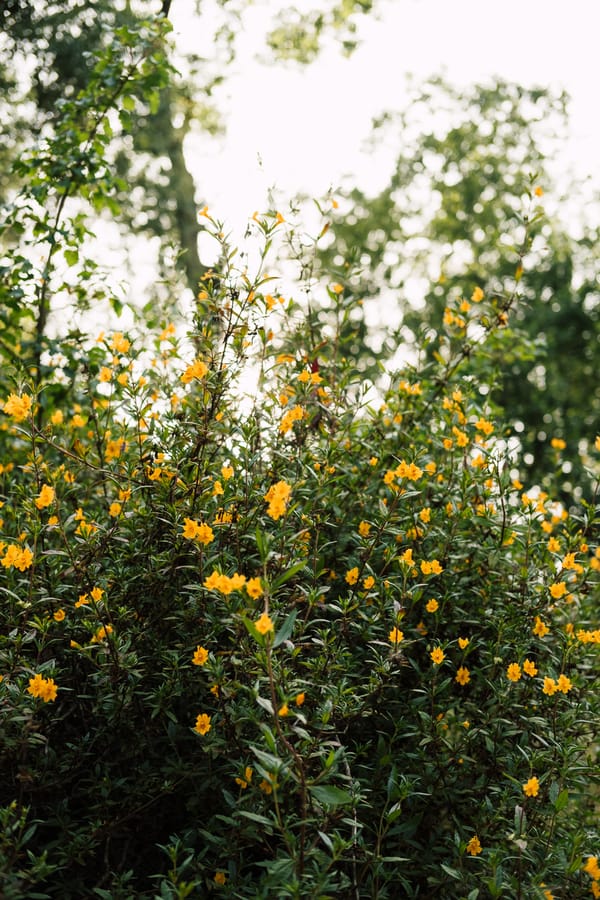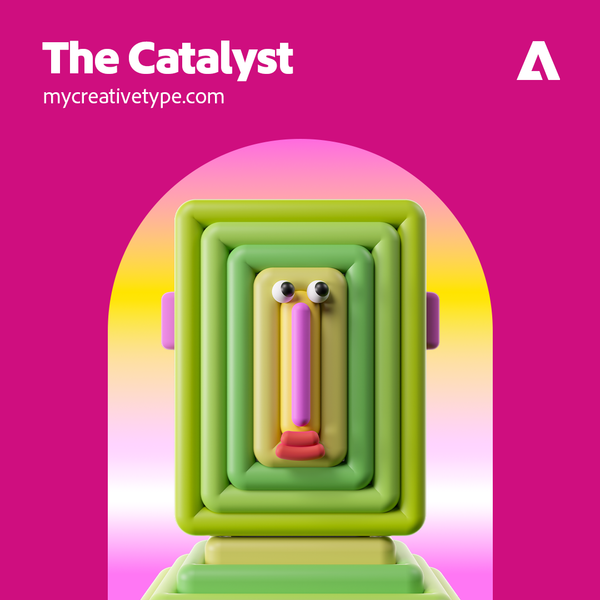🔎 In Focus: Leaderboard
A detailed Q&A with the co-founders of Leaderboard, a worldwide mystery coffee game.
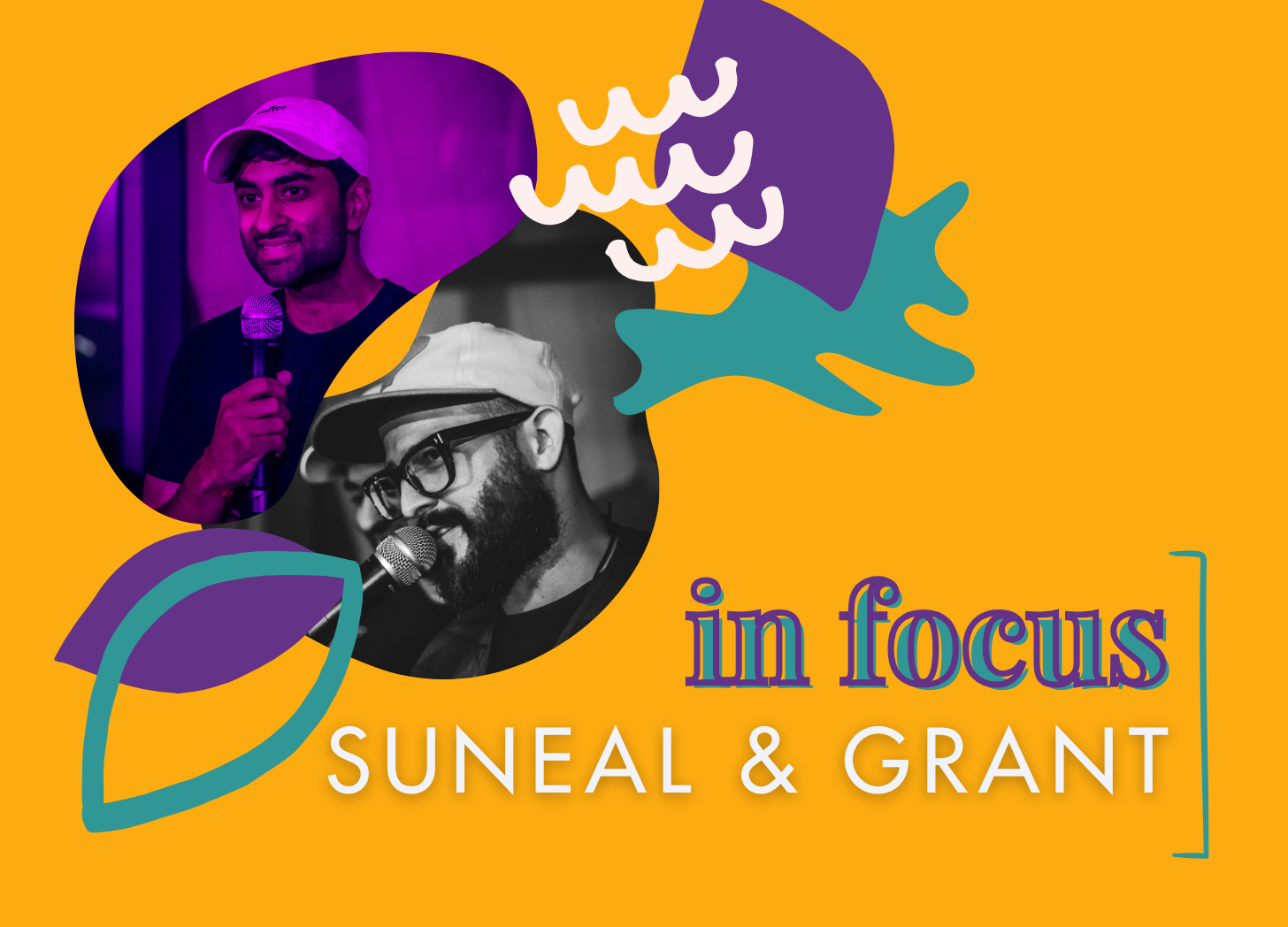

In Focus: Leaderboard
It was 2020 and peak-lockdown time and Suneal Pabari had been turning an idea around in his head for a while now, hoping that someone would execute on it. “Someone in the coffee industry will make it— and then, three months go by, six months go by, no one’s doing anything,” he recalls. Like many other creative people, he wondered if he should execute the idea (“I have a lot on my plate”—why add even more?). “I feel like sometimes, I have a lot of ideas pop in my head, and then a week later, I'll forget about it. But this one just stuck with me.”
So he called up his friend Grant Gamble, who was isolating in a cabin, “sitting and contemplating life and what I was gonna do with myself.” In a flash, his career in managing large-scale festivals and trade shows had disappeared, and he needed something to focus his creativity on. He explains, “What really drew me to it was this potential for Leaderboard to bring the community together at a time when we were so broken.” It would also help people who were terrified of entering coffee competitions by offering them a low-stakes gateway.
After three months of iteration, Leaderboard was launched to a global audience. Every quarter, subscribers worldwide receive ten mystery coffees and a set of questions to answer. Coffee and bonus questions vary by season, and gamification for high scores includes items like badges and physical prizes (e.g., grinders and mystery coffee boxes). There’s also a resource library for education and palate development.
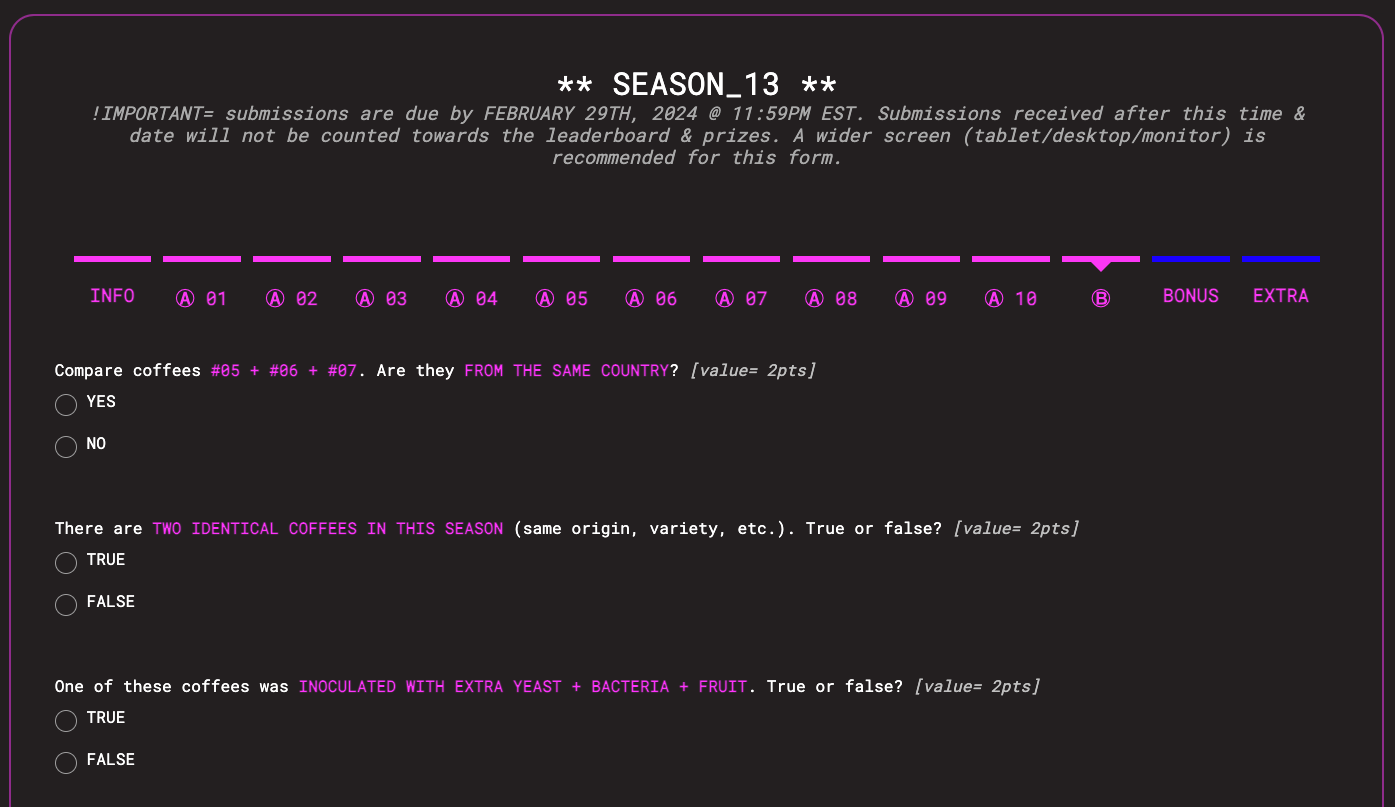
At the time of the interview, Suneal and Grant were wrapping up Leaderboard’s 13th season and working on their first live event at Expo next month (now announced on Instagram). Community has been baked into Leaderboard from the beginning. I spoke with Suneal and Grant about their community-building efforts and how they keep the creativity flowing.
In Focus is an interview series where I chat with creative people who work in or adjacent to coffee. Quotes have been edited and condensed for clarity and length.

Jenn: How do you define community?
Grant: Community is a sense of belonging, a sense of fitting into a place that you might not have fit into before, and feeling like you're safe and can express yourself within that place. Community is a warm and fuzzy place where you feel nice and secure.
Suneal: I like that. I feel like community feels like a hug. You feel safe, you feel secure, and you feel like you can get to be yourself.
Prior to being in coffee, Suneal had a short stint in marketing at a Canadian grocer. Grant has been in coffee since he was 15 years old. His educational background is in advertising.
G: I'd always worked in coffee—that’s always been the only job that I've ever done. A lot of it was because of that community around coffee. If you were eager to learn, try new things, and push yourself farther, the community embraced a lot of those changes.
Would you both say what drew you into the community is still true today? Or do you think it's changed?
G: The reason why I've stayed in coffee so long is definitely because of that community. These are my people. It's a bunch of weirdos, and everybody's cool with that. But also, coffee encompasses everything that I really enjoy in life: design, food, drinks, community, spaces, human behavior. It's everything that I love, all into one place.
S: I was trying to think—how did I feel about the coffee community when I first started getting coffee? I remember I did sort of have this trepidation around it. I think sometimes really nerdy communities can feel a little elitist in a way where there are some people who think they know best. I remember finding that a little intimidating at the beginning, especially ten years ago when I started in specialty coffee. It wasn't as open and warm and friendly, at least from my perspective. But the more people that I met, I learned that a lot of people in coffee actually do want to be really helpful. That's how I feel about coffee now—there are so many people who are just down to help, which is really cool.
I agree with that. Yeah, it was definitely a little more restrictive, early on, when I started, too. There were a couple of people who were dominating the conversations and everything they said was taken as fact. And I do think that's changed. You see it happen with people who are big fans of YouTube stars, who just quote them as fact, too.
G: A lot of people in the industry have worked so hard to push aside that elitism and move past it. But then, I do feel like, since the pandemic, a lot of that elitism has come back, specifically from home consumers. A lot of the people who follow certain figures and take everything as gospel are very vocal about it on the internet, bringing some of that vibe back.
S: It does feel like there are many voices now, though. Even if there is one voice that maybe seems a little elitist or snobby, there are many other voices that also feel really warm and welcoming.
In terms of building a community, what do you think is required to be successful doing this? Both as an individual and as a company?
G: It's really important to meet people where they're at when you're building a community. So, not everybody wants to be on social media. Not everybody wants to be in a Discord server. It’s really important to think about or at least keep in mind that people have different needs and people interact with communities in different ways.
S: There are so many little communities in coffee, and the thing I noticed about coffee communities is they’re also grassroots. But I also think that it’s just really tough to build community when it's super under-resourced.

Instead of flying to where their subscribers live, Leaderboard sets up ambassadors and give them the tools to bring their community together. The Discord server was also an organically grown community: it’s a walled garden (only Leaderboard participants can join), and people stepped up to help moderate. Suneal explains that they created “a culture for what we wanted this community to feel like, and thankfully, some of the early members have taken the torch.” If you’ve been in a Discord server before, you’ve probably seen a conversation get nipped in the bud before being blown up into a more significant thing. Moderation plays a massive role in maintaining a good server.
Grant shares that one of the red flags of the community moving away from being welcoming is when people bring negativity into the space. “It's really easy to happen in coffee because there's so many different people with different preferences. And I think that when someone doesn't like something, they tend to be very vocal about it and quite negative about it,” says Grant. “Not to say that criticism isn’t valued, but criticism that isn't constructive, like criticism that isn't a conversation, but rather for complaining sake.”
Have there been any important lessons that you've learned over the 12 seasons? For sustaining the community that you built?
S: At the beginning, we leaned really heavily on Instagram. We learned like, hey, not everyone wants to be on social media like this. And that is what spawned the Discord. In-person events became a thing that we tried to prioritize later as well.
G: Being really genuine and authentic when you’re building community is incredibly important because people will see right through it. We've been really lucky with this project, where both Suneal and I have other projects that we work on that financially sustain us. So, Leaderboard hasn't been motivated by trying to build it to generate a profit. It's been more like, let's build it because we're really enjoying it.
You mentioned that you have other projects that financially support this. How do you balance that time divided between projects?
S: Yeah, it's something we definitely don't have the answers here. We're still trying to figure it out.
G: Starting this year for the first time in my life, I'm prioritizing a set number of hours that I work throughout the week. When notifications are coming through, I'm not dealing with them until that time comes—when I've allocated to work on that project—just for my own mental health, which has actually been really great for me.
On creativity
You've done this for so many seasons. Does it ever feel like you're treading water creatively? Do you ever feel like you need to change or challenge yourself, or is it already a challenge?
S: I think we always try to push the envelope if we're feeling that way. The fun thing about designing this game is that you always get to redesign it every season. So you can figure out like, what ten coffees do we want to include? What questions do we want to ask? How do we want to format some of the badges, or the prizing, or whatever incentives we want to try and focus on?
I asked them about any creative superstitions they might have. Some examples for writers are that you have to write with a certain pen, your workspace needs to be set up a specific way, or you have to write 500 words every morning. “You can get ideas and inspiration from anything,” says Suneal. “If you only focus on coffee, you're on the same things you are used to; you may not be expanding your creative inspiration.” Grant adds that when he’s hit with an idea, he has to work on it immediately because it might be gone the next day, “I'll stay up until five in the morning working on that thing.”
G: Not limiting your experience in life. Not limiting the types of people you talk to, the kinds of movies that you watch. Specifically for coffee, looking outside of the coffee industry for inspiration is incredibly important because it's so homogenous; it's like everybody does the same. We wanted to go completely left field on the branding and left field on the experience.
He explains that when they hosted a regional AeroPress championship, they went “a couple of hours shy of a rave.” There were smoke machines, neon lights, and electronic music. “People were walking into this event going like, ‘This is a coffee event?’” he recalls. “Because we wanted to immerse them in this totally different experience than what they'd be used to when going to any kind of a coffee event.”
Suneal shares that his other life experiences inform him on how to creatively problem-solve in whichever industry he’s in. There are whispers of Leaderboard in all the areas he had problems in: he was terrified of competitions and wanted a way to practice. Education in coffee was tough to access, but he remembered learning better when tasting, and with the help of industry pros’ guidance.
Any last words about community?
G: It's really important to listen to your community and have an open chain of communication and feedback loop. One of our most successful parts of this project is involving members of our community in the whole process of creating the game, creating the product, and creating the community. I think that it's really easy to think, this is what people want, and go and do that thing. When really, it's like, are you building this community for yourself? Or is it for that community? So if it is for that community, then why don't you talk with them, listen to them, and really ask them what they want or what would feel good for them?
S: It's been so clutch in terms of how we've evolved Leaderboard over the seasons.

With 13 seasons under their belts and a Live Leaderboard event coming up, it’s safe to say that this creative project is succeeding. Next week, paid subscribers will receive part 2 of this interview, where we go into measuring success and idea generation.

This article is part of the larger series on community, this first season's topic. Leave a comment on what community means to you and catch up on the past articles. If you enjoyed reading this and would like to support future work like this, paid upgrades and comps are available. Forwarding and sharing are also appreciated.

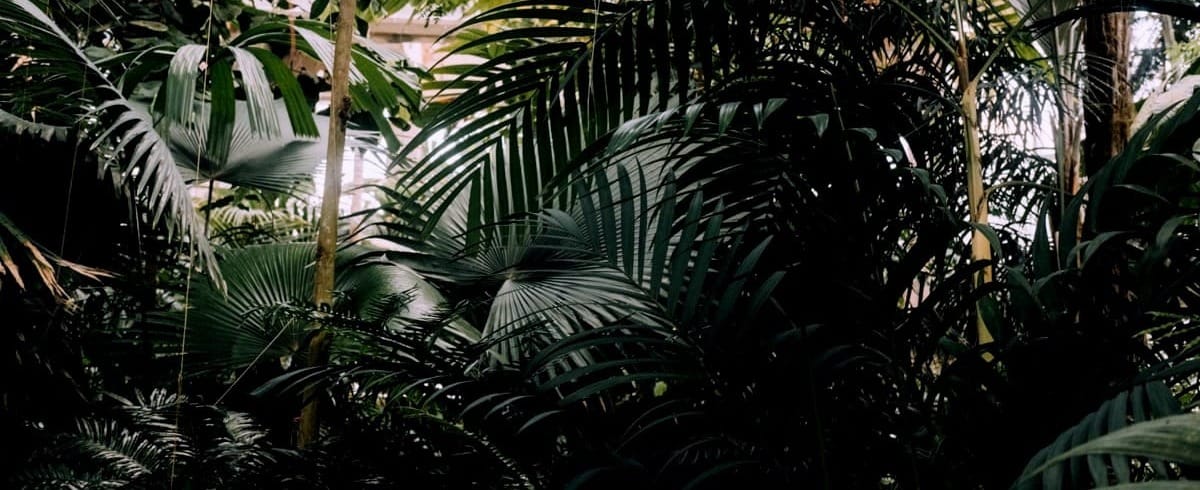
etc.
article links, personal updates, and a plant feature

